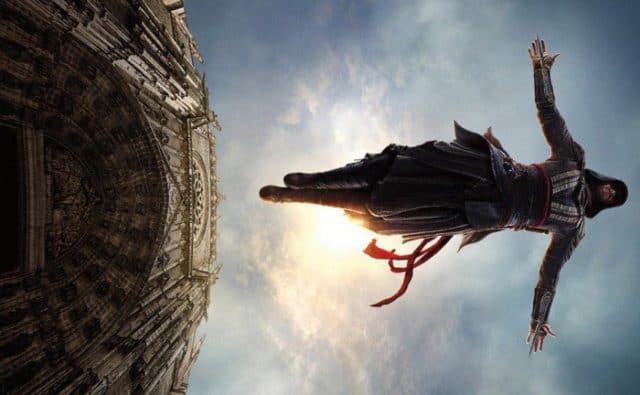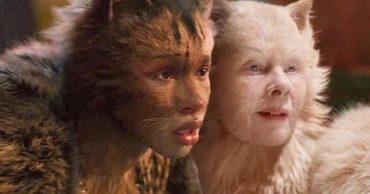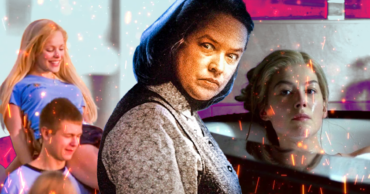
The gaming world has been suffering from bad movies for nearly 30 years now. While I would argue that it’s definitely coming along, the collective public would agree that video games turned into movies have not exactly been successful at the box office. When Tomb Raider is your most profitable movie franchise you know there’s a problem. Assassin’s Creed gave it a shot and if anything I’d give it a C for moving things along, but it still didn’t “get it right.”
Here’s the thing though. How can you “get it right?” There’s one movie director who has a theory. Kong: Skull Island director Jordan Vogt-Roberts talked to /film about why he thinks video games haven’t made it as movies and his answers should interest you.
His first critique is aimed at the filmmakers themselves.
I think that most filmmakers who have tried to adapt them…you know, much like there was not a good comic book movie for a long time. And then it took directors who had grown up with comic book influences like Sam Raimi [who] legitimately loved Spider-Man. Right? So it took guys who grew up with comic book influences and were good filmmakers to tackle that. I think that like you’ve got guys like [Dan] Trachtenberg and a handful of people like me now who are growing up having our brains rewired by Zelda and Metroid, ’cause there’s a logic to videogames. Right? There’s a language to them. And I don’t think that there’s been a wave of directors who have come up who are filmmakers who were rewired like that.
His second critique is aimed at the adaptive versus passive experience.
I think that they fundamentally don’t understand the difference between an active experience and a passive experience and how you translate a active experience into a compelling, passive experience. Because there are things that you can get away with in an active experience in a video game that would not fly in a movie in terms of storytelling, in terms of a lot of different things, in terms of characters. In terms of set pieces. There are things that, when you take [it] out the active experience, suddenly it’s not compelling anymore. Suddenly it doesn’t do anything. And so I think like that core conceit of understanding the difference between an active and a passive experience is one of the core things that people haven’t quite unlocked yet. And, you know, I think that we’re getting close, you know, we’re getting to the point where I think that there’s going to be a great one soon. And to me Metal Gear Solid is not just a great video game. Like I said I think it’s a great story. I think it’s a great story and a work of art. And a great like singular voice on this planet in terms of media. So my goal right now is to sort of work and make sure that we’re having the best version of that. So that fans and everyone can sort of experience the brilliance of [Metal Gear creator Hideo] Kojima’s work.
What do you think? Do you agree with Jordan Vogt-Roberts? I personally think he makes some great points. It’s not like there are many “gamer” directors out there so perhaps they are waiting in the wings. And I couldn’t agree more on the challenge of turning an active experience in a passive one and doing it successfully. It’s extremely hard. The human brain won’t stand for it.
 Follow Us
Follow Us





